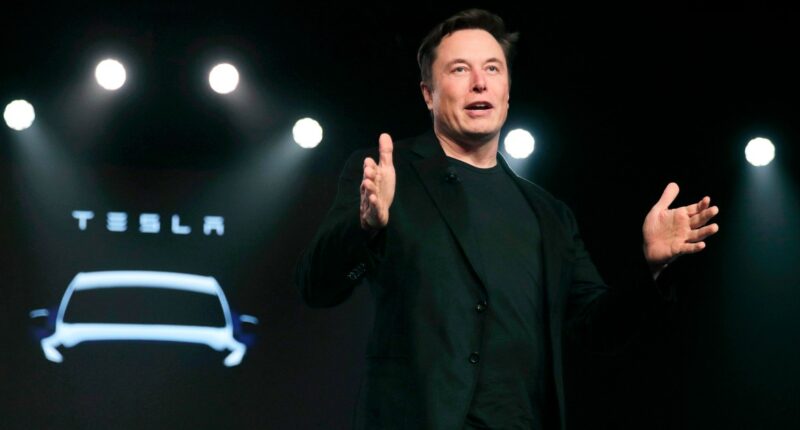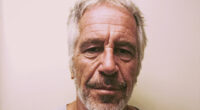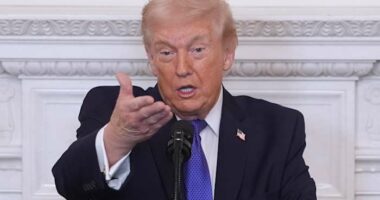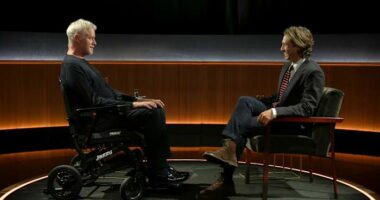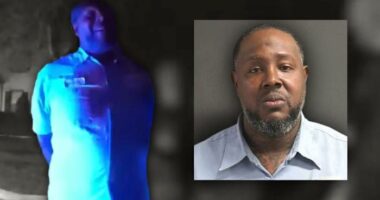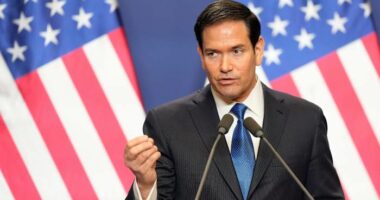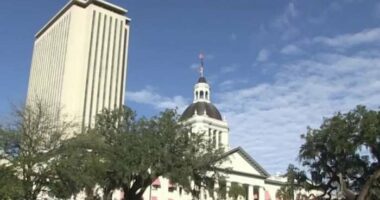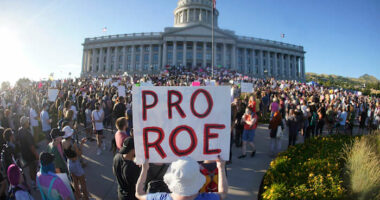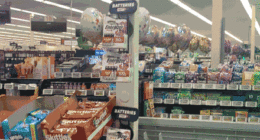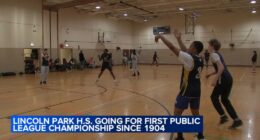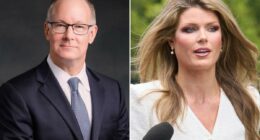Share this @internewscast.com
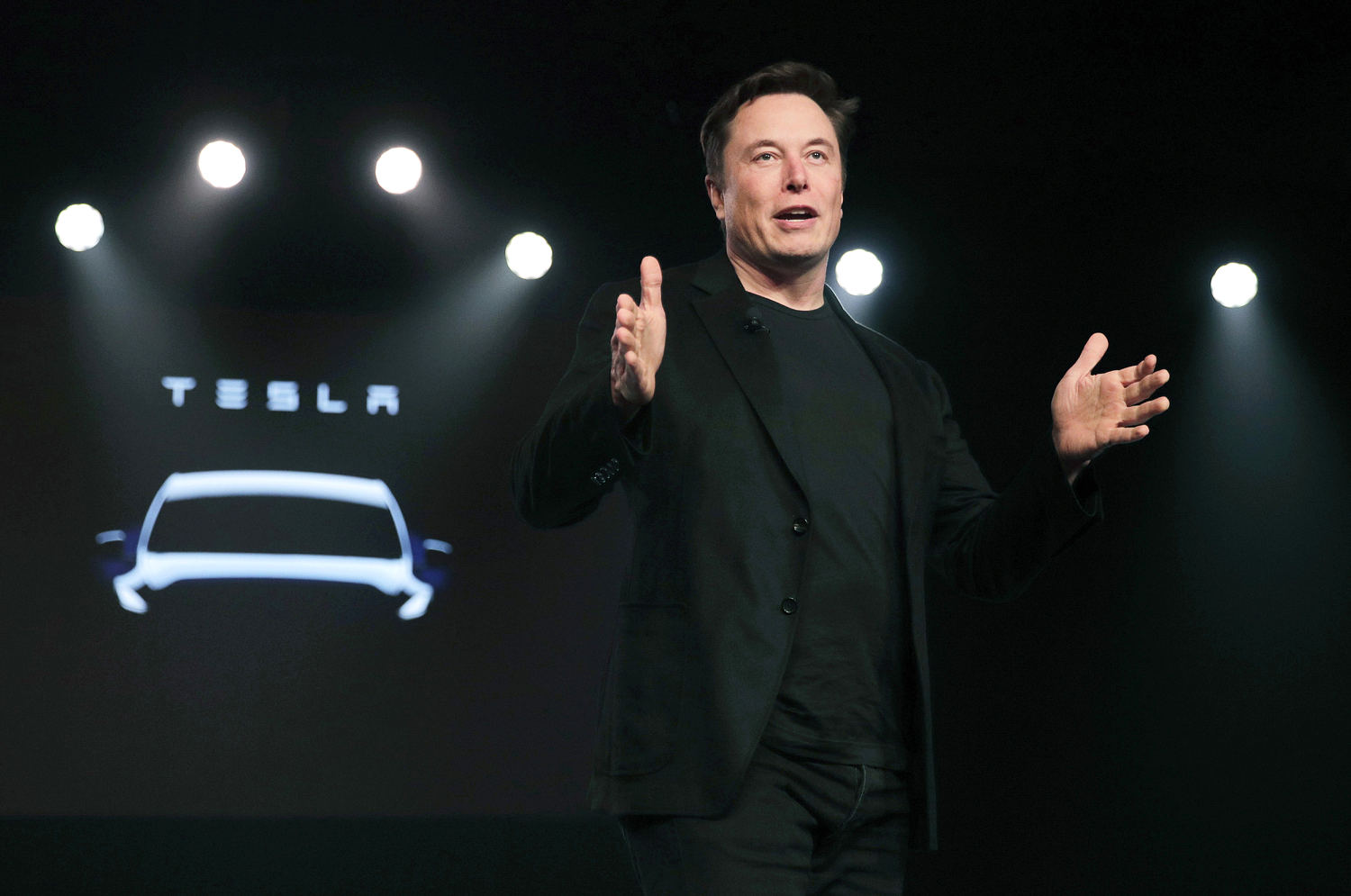
Tesla CEO Elon Musk was not present in a Miami courtroom on Monday, yet his influence was evident as a jury was selected for the federal trial concerning a civil lawsuit. This lawsuit pertains to the 2019 accident involving a Tesla Model S, which resulted in the death of a pedestrian and severe injuries to another individual while the vehicle was operating in Autopilot mode.
“Anything that involves Elon Musk is very hard for me,” one potential juror said.
Another potential juror expressed an inability to remain unbiased towards Tesla, citing concerns over the company’s “ethics, ownership, and what I’ve seen in the news regarding its connections with the government.”
The case is the first suit against Tesla related to fatal crashes involving the electric vehicle company’s Autopilot system to go to trial.
This trial unfolds months after Musk’s role as a senior advisor to President Donald Trump elevated the billionaire’s profile, associating him with the significant reductions in federal workforce initiated by his concept, the Department of Government Efficiency.
The richest man in the world’s subsequent falling out with Trump over the president’s federal tax reform and spending bill made headlines and injected fresh drama into typically staid congressional votes.
A Tesla lawyer noted to the prospective jurors Monday, “It’s hard to hear the name Elon Musk and not have a view, positive or negative.”
“This case isn’t about Musk. But he is connected to the company,” the attorney said, as they asked if jurors had views about Musk that they could not put aside.
Three would-be jurors raised their hands to say that, yes, they did have opinions Musk that would make it impossible for them to approach the case impartially.
“It would be hard. I understand he isn’t Tesla. But he is very tied to the Tesla brand,” one man said, adding that he was unsure if he could set aside his views.
Two other jurors who had earlier voiced negative opinions of Musk reiterated those views to Tesla’s lawyer.
The attorney asked one juror about what that man wrote in response to a jury questionnaire about hearing things in the news related to Tesla.
Two other jurors who previously spoke against Musk spoke again and shared the same opinions.
“This case is more about what happened rather than who it’s for,” the man replied.
“I’m pretty independent,” he said. “I can be impartial, it’s about the accident and what happened.”
Six women and three men were selected for the jury.
The suit in U.S. District Court was filed against Tesla by the family of Naibel Benavides, the pedestrian who died from the crash and by her boyfriend, Dillon Angulo, who was seriously injured. The driver of the vehicle, George McGee, is not a defendant at the trial, and he reportedly settled with the plaintiffs earlier.
The plaintiffs allege that Tesla’s Autopilot feature was defective and unsafe.
It is one of more than a dozen cases in which Tesla has been sued over fatal or injurious crashes where the company’s Autopilot or Full Self-Driving (Supervised) modes had been in use by a driver.
FSD is the premium version of Tesla’s partially automated driving system. Autopilot is a standard option on all new Tesla vehicles.
Tesla’s website currently describes Autopilot as “an advanced driver assistance system that enhances safety and convenience behind the wheel.”
“ditionally with Full Self-Driving (Supervised), you can drive your Tesla vehicle almost anywhere, making lane changes, select forks to follow your navigation route, navigate around other vehicles and objects and make left and right turns under your active supervision,” Tesla says.
After the jury was selected, a lawyer for the plaintiffs said in an opening statement, “Evidence will show for years before and after this crime, Tesla ignored warnings.”
“You will hear evidence about those motivations and why Tesla did what they did,” the attorney said. “Was it the Silicon Valley ethos of moving fast and breaking things? That is going to be the determination.”
“What is not in dispute is that the driver that crashed was careless, distracted, on his phone and dropped it, then grabbed it,” the attorney said. “He plowed into my client at approximately 60 miles an hour.”
“This is a case about shared responsibility. Tesla will take no responsibility for the failures of their Autopilot system. Evidence will show that every actor needs a stage and Tesla set the stage for the preventable actions that bring us here,” said the lawyer.
Evidence will be introduced at trial that shows Musk made public statements about “superhuman” sensors on Tesla vehicles, the attorney told the jury.
At one conference, Musk said the car was “safer than a human,” according to the lawyer.
Tesla, in a statement provided to NBC News, said, “The evidence clearly shows that this crash had nothing to do with Tesla’s Autopilot technology. Instead, like so many unfortunate accidents since cell phones were invented, this was caused by a distracted driver.”
“To his credit, he took responsibility for his actions because he was searching for his dropped cell phone while also pressing the accelerator, speeding and overriding the car’s system at the time of the crash. In 2019 when this occurred, no crash avoidance technology existed that could have prevented this tragic accident,” the company said.
